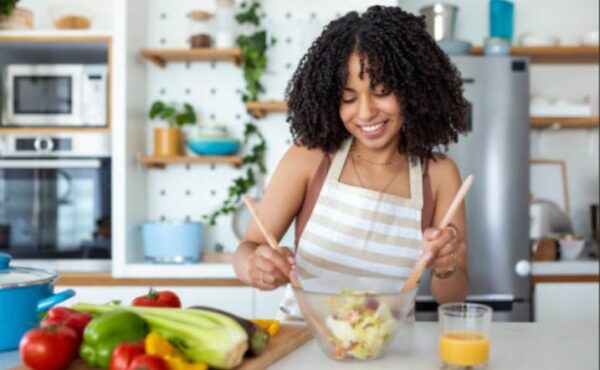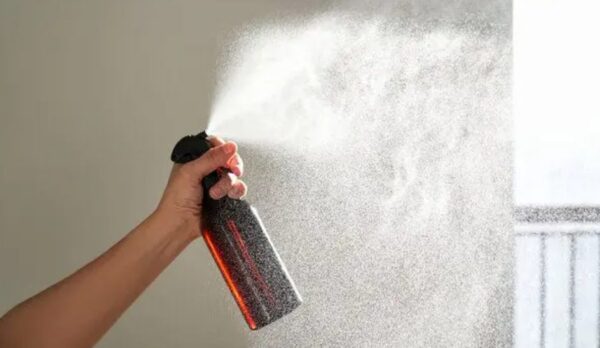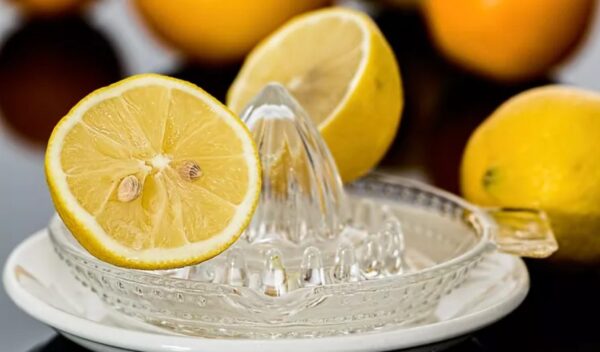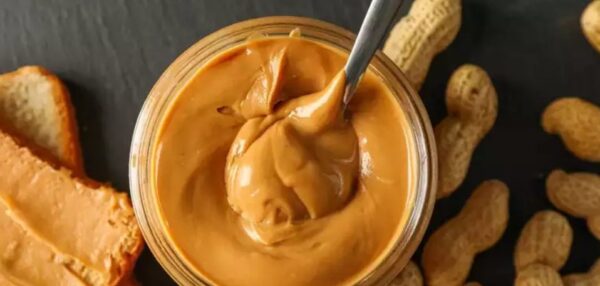Lifestyle
Planning to cook with essential oils? Keep these 5 things in mind
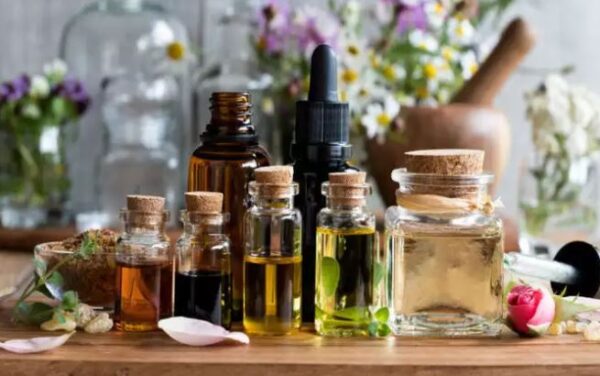
The aroma of jasmine oil in your rice can stir up a solid appetite because let’s admit it, food combined with flavourful herbs and oils can make way for a delicious experience.
Not only that, it opens up a whole new area of cooking possibilities.
So for those who thought essential oils are best suited in spas or in basic health treatments, don’t be surprised to know that they often work as a pleasant surprise for our palates too.
But there are some basic guidelines you need to stick to while cooking with them as not all of them are good for us, even though they come from natural sources:
1. Food labels
When using essential oils for cooking, always carefully read the food label. The label should say 100% pure oil. Also make sure that the label says edible as many essential oils are not safe for ingestion
2. Unsafe essential oils
Completely stay off essential oils which are not safe for consumption. It is not necessary that just because an oil smells nice, it is good for consumption as well. Oils like eucalyptus maybe fragrant, but are not safe for food and drink purposes.
3. Quantity and quality
Essential oils are concentrated and hence you do not require a teaspoon or tablespoon of them. A drop or two is enough. A drop will be sufficient to enhance the flavour of your food.
4. Can be used whenever
Make sure to purchase dark-coloured bottles of essential oils. Essential oils have a longer shelf life and that is why they can be used for a longer period, provided they are stored properly.
5. No exposure to heat
Adding essential oils to your food while cooking will disperse volatile compounds present in the oil. This can harm your body in terms of strength and can make you nauseous as well. Allow your food or drink to be lukewarm before you put the oil.


